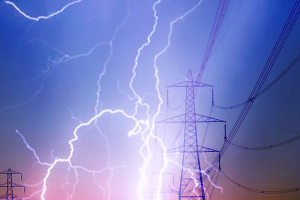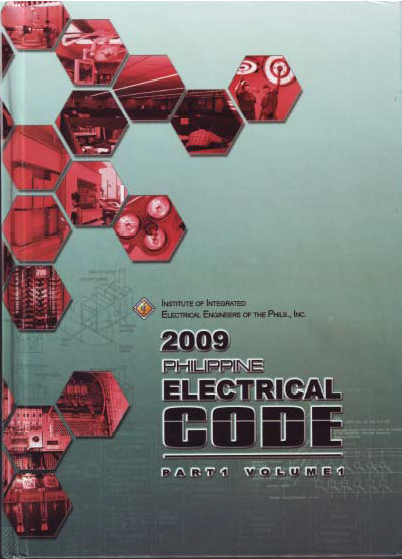Introduction
Lightning strikes pose a significant risk to structures, sensitive electronic systems, and life. In the Philippines, where thunderstorms are frequent, the need for reliable lightning protection systems (LPS) is essential. While the Philippine Electrical Code Part 1 (PEC 1 - 2017) does not provide a comprehensive design methodology for LPS, it outlines key safety requirements, bonding provisions, and...
Core Skills of a Designer Electrical Engineer – Part 2
Abstract
Note: Refer to this link for Part 1.
The role of a Designer Electrical Engineer (DEE) is pivotal in the successful planning, design, and lifecycle performance of electrical systems across a variety of sectors, including industrial, commercial, utility, and infrastructure. This article explores the essential core skills required by a DEE, focusing on four major design competencies: safety,...
Core Skills of a Designer Electrical Engineer – Part 1
Abstract
Note: Refer to this link for Part 2.
The role of a Designer Electrical Engineer (DEE) is pivotal in the successful planning, design, and lifecycle performance of electrical systems across a variety of sectors, including industrial, commercial, utility, and infrastructure. This article explores the essential core skills required by a DEE, focusing on four major design competencies: safety, equipment...
TECHNICAL NOTE : Scope of the Philippine Electrical Code (PEC) on Fire Detection, Fire Protection, and Fire Alarm Systems
1. Introduction
The Philippine Electrical Code (PEC) 2017 Part 1 provides minimum safety standards for the installation of electrical systems, including those associated with fire detection, fire protection, and fire alarm systems. While the PEC does not define performance or detection thresholds, it governs the electrical wiring, protection, and interconnection of these critical life safety systems.
This technical note summarizes...
Harmonizing the Philippine Electrical Code with Global Standards: IIEE’s Strategic Initiatives
In a rapidly evolving global electrical landscape, harmonizing national codes with international standards is critical for ensuring safety, compatibility, and competitiveness. In the Philippines, the Institute of Integrated Electrical Engineers (IIEE) has taken a proactive role in aligning the Philippine Electrical Code Part 1 (PEC 1) with internationally recognized standards, particularly those set by the International Electrotechnical Commission (IEC),...
Hazardous Area Earthing Requirements as per International and Philippine Standards
1. Introduction
Hazardous areas-locations with explosive atmospheres due to gases, vapors, or dust-require meticulous earthing and bonding practices to ensure electrical safety. This article outlines the requirements for hazardous area earthing per international standards and the Philippine Electrical Code (PEC) 2017 , including a clause-by-clause summary and a compliance checklist.
2. Objectives of Earthing in Hazardous Areas
Prevent sparking due...







